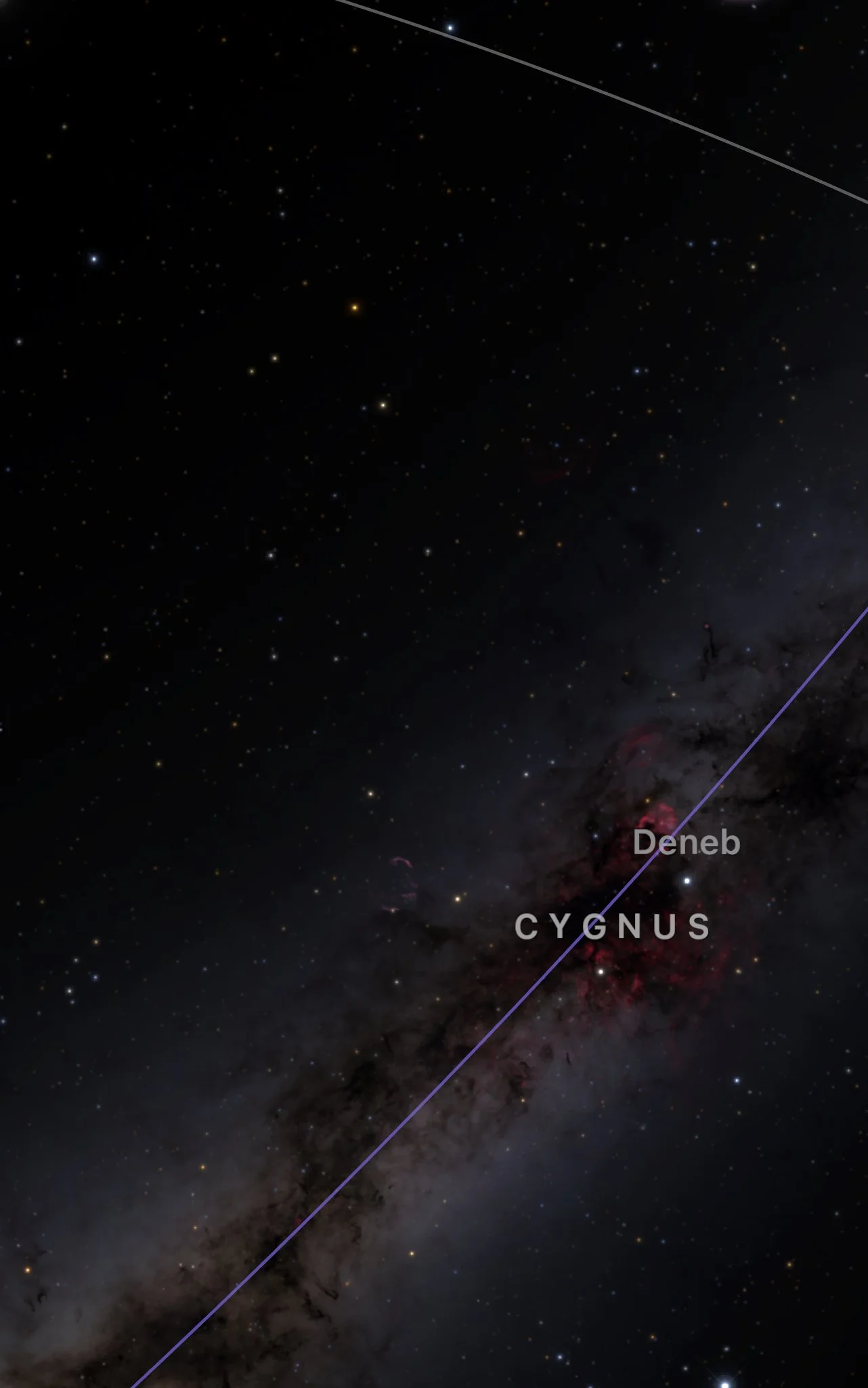I wrote this article in 2012 when StarsbyNight was just a passionate project that Karen (founder of SBN) would brainstorm with me on how to make her passion into a reality. We were both uber excited and it was a massive learning curve, even in buying equipment. After the years have passed we know a lot more and technology and equipment and brands are evolving but the theory and idea behind buying your first telescope still apply.
I just want to add , just like buying a new camera lens, that the most important characteristic of a telescope is its aperture — the diameter of its light-gathering lens or mirror, often called the objective. Look for the telescope's specifications near its focuser, at the front of the tube, or on the box. The aperture's diameter (D) will be expressed either in millimeters. Your telescope should have at least 2.8 inches (70 mm) aperture — and preferably more.
The little bit I know about buying a telescope - 21/12/2012
Let me start by saying I am no expert. My experience in the past is selling and using photographic equipment in a professional capacity. I wanted to buy a telescope. After doing a lot of research I found its really similar to buying a camera. My colleagues are in the process of buying a high end telescope for our clients to view the night sky here in Fuerteventura, but I would like one so I can learn at home in the meantime. Sure I can use the fancy one they will buy, but I’m occasional user, I have more of an amateur interest rather than a professional one.
Questions I used to always ask my customers in photography. ‘What is the main purpose for?’ ‘In what conditions?” ‘How often would you use it? ‘Is it for you? ” ‘what previous experience do you/or other person have?” “What do you really want to do with a it?” ‘how much money do you want to spend?”
I’ve done a lot of research. What I used to find often with cameras is people have too much money, buy the latest thing that has all the bells and whistles and never use it to its full capacity and it sits in the corner of the room gathering dust and just looking pretty. It appears its the same with telescopes. I also asked an ex colleague who worked for a company who specialized in astronomy gear and he said the same. He said. “ If someone wanted to spend under £200 I would probably recommend a good pair of binoculars that last a lifetime. Often what happens is the kind of telescope people think they want and what they really need are two different things.”
I was told do not even consider a telescope that advertises it power on the box (300x, 500x,650x, 725x). Avoid telescopes that are advertised by their magnification — especially implausibly high powers like 600×. For most purposes, a telescope's maximum useful magnification is 50 times its aperture in inches (or twice its aperture in millimeters). Even the best telescopes are limited to about 50x-75x per inch (25.4mm) of aperture. The big number with a ‘x’ after it, I was told is actually a marketing ploy and high-powered scopes tend to have fixed eyepieces. What you want is a removable eyepiece. Also even though these type of telescopes appear attractive advertised with a high number, all this means is the high magnification the light is gathered and spread over a larger area making it fuzzy and faint. You should look for the magnification in the eyepiece. You calculate a telescope's maximum useful magnification by multiplying the size of the lens or mirror in inches by 50. I was also told that alower power/magnification in the telescope tends to provide a better viewing experience.
Start with binoculars. If you don’t have much money and don’t want to spend over the £200 mark you may be happier with a very good pair of binos. Even for travel its actually quite a good idea to have a back up anyways of about 10x50, 7x50 for a more general use or an 8x56 or a 9x63 for something a bit more ‘astro’ and its less heavier, but can be slightly expensive. Buy something you can use, not something you will get frustrated with . If it rattles when you shake it, try a different pair of binos. Good telescopes will be expensive regardless of the type. Cheap binoculars are much, much more useful than cheap telescopes and good binoculars can last you forever.
What you can see with a pair of binoculars look at this link: http://www.lightandmatter.com/binosky/binosky.html
binocular basics: http://www.chuckhawks.com/binocular_basics.htm
Should I get a refractor or a reflector telescope?
Now I had to get some help to explain this from another website as I couldn’t think of the any other way to explain it but share someone else’s informationhttp://www.astronomyforbeginners.com/equipment/telescope.php:
Reflector





